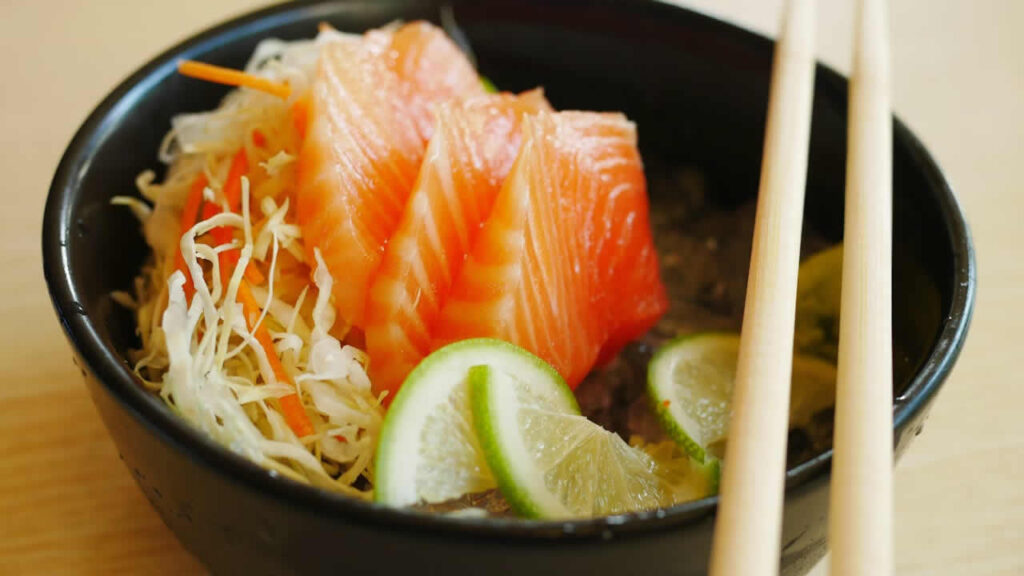Emotional eating, a common yet often overlooked aspect of our relationship with food, can have a significant impact on weight gain. In the context of Indian vegetarian cuisine, where flavors and emotions intertwine, understanding and addressing emotional eating becomes crucial for maintaining a healthy weight. Let’s explore strategies for cultivating mindful
nourishment and preventing emotional eating within the vibrant tapestry of Indian vegetarian traditions.
1. Identify Triggers
- Insight: “Recognizing emotional triggers is the first step. Are you eating in response to stress, boredom, or certain emotions?”
- Action: Maintain a food journal to track when and why you eat, helping identify patterns and emotional triggers.
2. Mindful Eating Practices
- Insight: “Engage your senses while eating. Appreciate the colors, textures, and flavors of your food.”
- Action: Practice mindful eating by savoring each bite, chewing slowly, and being present at meals.
3. Cultivate Healthy Coping Mechanisms
- Insight: “Replace food with healthier coping mechanisms for stress or emotional challenges.”
- Action: Explore alternatives like meditation, deep breathing, or engaging in a hobby to address emotional needs without turning to food.
4. Create a Nourishing Environment
- Insight: “Make your eating space conducive to mindful and positive experiences.”
- Action: Set a pleasant atmosphere during meals, avoiding distractions like screens and creating an environment that promotes enjoyment and relaxation.
5. Incorporate Comforting, Nutrient-Dense Foods
- Insight: “Choose comforting foods that also nourish your body. Opt for whole grains, fruits, and vegetables.”
- Action: Create satisfying meals using wholesome ingredients, ensuring your emotional eating choices align with your nutritional goals.
6. Practice Portion Control
- Insight: “Be mindful of portion sizes, even when indulging in comfort foods.”
- Action: Use smaller plates, serve reasonable portions, and savor the flavors without overindulging.
7. Build a Support System
- Insight: “Connect with friends or family who understand your journey and can provide emotional support.”
- Action: Share your challenges and victories with loved ones, creating a network that fosters a positive relationship with food.
8. Cooking as a Therapeutic Activity
- Insight: “Engage in the process of cooking as a form of self-care and creative expression.”
- Action: Experiment with new vegetarian recipes, finding joy in the preparation and enjoyment of wholesome meals.
9. Seek Professional Guidance
- Insight: “If emotional eating becomes overwhelming, seek support from a nutritionist or mental health professional.”
- Action: A professional can provide personalized strategies to address emotional eating patterns and guide you towards a healthier relationship with food.
10. Practice Self-Compassion
- Insight: “Acknowledge that everyone faces challenges with emotional eating. Be kind to yourself during this journey.”
- Action: Cultivate self-compassion and forgiveness, recognizing that developing a mindful relationship with food is a process.
Navigating emotional eating within the context of Indian vegetarian cuisine involves embracing the holistic nature of nourishment. By integrating mindfulness, healthy coping mechanisms, and a supportive environment, individuals can foster a balanced relationship with food, ultimately contributing to both emotional well-being and weight management.







